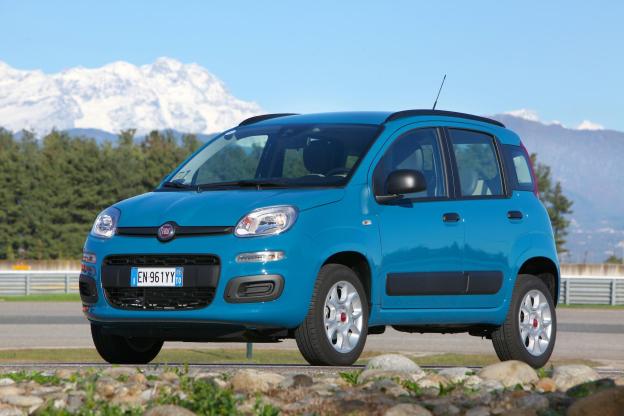
We’ve been covering a lot of promising hydrogen fuel-cell news lately from the world’s automakers. While there had been a slight downturn in hydrogen fuel-cell interest in the last few years, many global automakers have now found a renewed passion for the alternative energy.
Not Fiat, though, which says that it is giving up on hydrogen in place of natural-gas vehicles.
Fiat believes that hydrogen is too difficult to pump through traditional gas pipelines and that the fuel-cell systems are too finicky, as the carbon monoxide created in the hydrogen burning process is too damaging in spite recent discoveries by Duke University, which has virtually eliminated CO from the hydrogen process.
Companies like Kia and Hyundai are most excited by hydrogen, Autocar claims, because Korea produces loads of hydrogen each year in its chemical processing. It produces so much in fact that it could power 240,000 cars annually.
Fiat instead wants to see compressed natural gas (CNG) take hold over hydrogen. Fiat claims that its CNG-powered Panda model produces fewer emissions than both diesel and gasoline-powered equivalents.
Fiat is also keen on the idea of owners filling up their CNG cars at home from a home-style pump installed in their garage, which would take from the natural gas already being piped to their home. The issue there is – at least in America – these home pumps refill at an incredibly slow rate. The Honda Civic CNG would refill off a standard American natural gas home filler in around seven hours, which makes it about as viable as an EV. It’s not terrible but not great either.
We’re disappointed Fiat is shrugging off hydrogen – at least for now. The more we learn about the breakthroughs in hydrogen fuel-cells, the more we see it as a serious competitor for gasoline powertrains. Hopefully Fiat will come around in the next few years after it sees other automakers making profits off hydrogen-powered vehicles.


